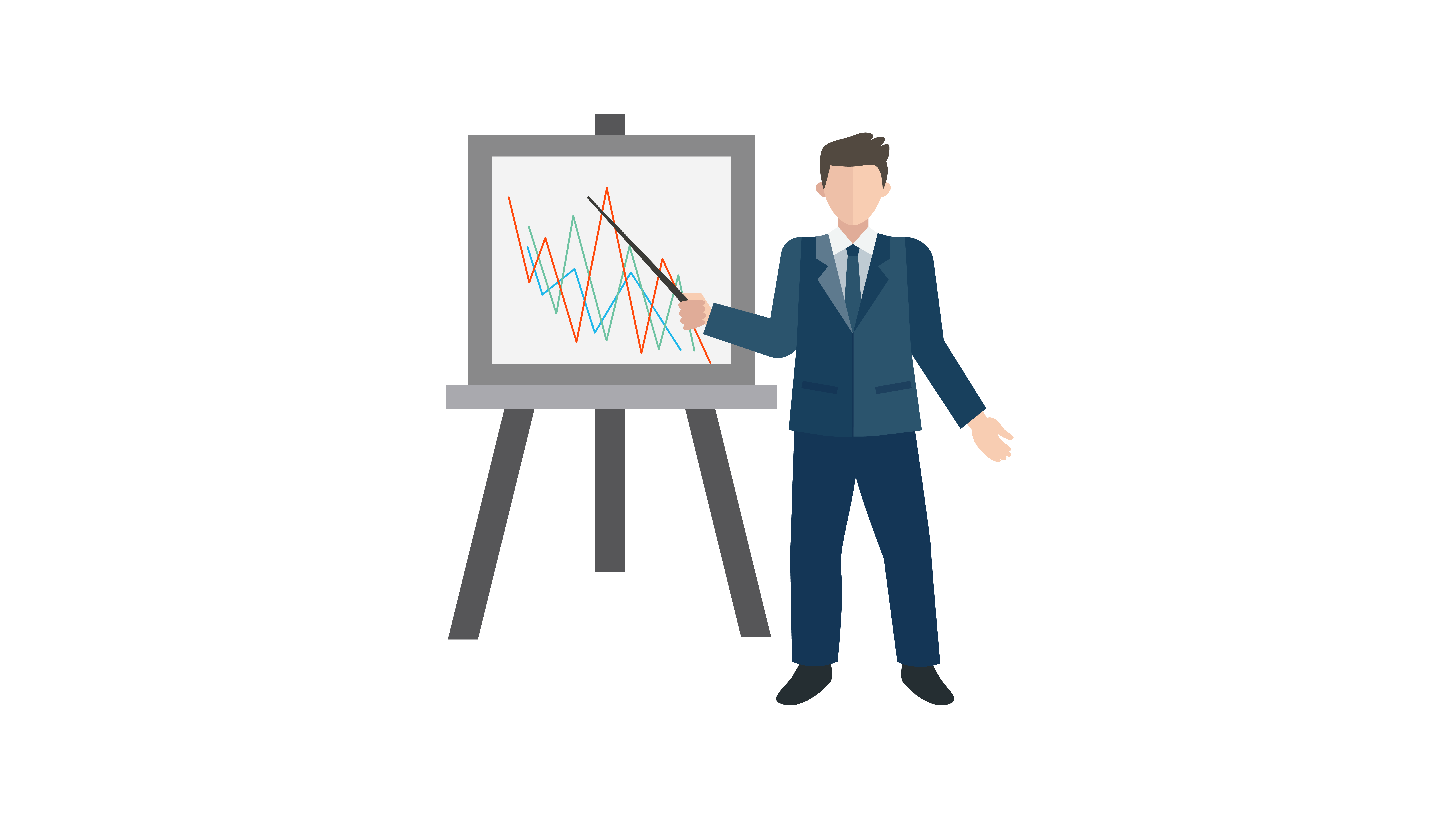All Categories
Featured
Customer data platforms (CDPs) are an essential instrument for modern businesses who wish to collect information, manage, and store all customer data in a single area. These applications provide an enhanced and more comprehensive understanding of the customer and can be used to target marketing and personalize the customer experience. CDPs come with a wide range of features that include data management, data quality and formatting. This lets customers be more compliant with how they're stored, used, and access. A CDP can help companies connect with customers and place them at the forefront of their marketing strategies. It is also possible to pull data from various APIs. This article will discuss the benefits of CDPs in businesses.
what is a customer data platform
Understanding CDPs: A customer data platform (CDP) is a program that allows organizations to gather data, store and manage the customer's information in one central data center. This allows for a more complete and accurate view of the customer, which can be utilized for targeted marketing and more personalized experiences for customers.
-
Data Governance: A CDP's capacity to guard and regulate the information that is incorporated is one of its main characteristics. This includes profiling, division and cleansing of the data that is being incorporated. This ensures that the organization stays in compliance with data regulations and regulations.
-
Data Quality: Another crucial element of CDPs is to ensure that the data that is collected is of high quality. This involves ensuring that the data is properly entered and that it meets the desired standards of quality. This helps to minimize additional costs for cleaning, transforming and storage.
-
Data Formatting: A CDP is also utilized to ensure that data follows a predefined format. This helps ensure that different types of data like dates match across customer information and that data is entered in a clear and consistent manner. marketing cdp
-
Data Segmentation Data Segmentation: The CDP allows you to segment customer data to better understand customers from different groups. This allows you to examine different groups against one another and get the appropriate sample distribution.
-
Compliance: A CDP can help organizations manage customer information in a regulated manner. It permits the definition of safe policies, classification of data based on those policies, and even the identification of violations to policies when making decisions regarding marketing.
-
Platform Selection: There's many CDPs and it's important to be aware of your requirements prior to choosing the most suitable one. It is important to consider options like data privacy , as well as the ability to access data from other APIs. what is a customer data platform
-
Making the Customer the center: A CDP lets you integrate real-time customer data. This will give you the immediate accuracy in precision, consistency, and uniformity which every department in marketing needs to boost efficiency and engage customers.
-
Chat Billing, Chats, and More with CDP, you can get the information you need for billing, chats, and more. CDP It's easy to understand the context that you require for a successful discussion, regardless of previous chats and billing or other.
-
CMOs and Big Data CMOs and Big Data: According to the CMO Council 61% of CMOs believe they're not using big data effectively. The 360-degree view of customers offered by a CDP is a fantastic way to overcome this problem and enable better marketing and customer engagement.
With many various types of marketing innovation out there every one typically with its own three-letter acronym you may wonder where CDPs originate from. Despite the fact that CDPs are among today's most popular marketing tools, they're not a completely originality. Instead, they're the latest step in the advancement of how online marketers manage consumer information and consumer relationships (What is a Cdp).

For most online marketers, the single biggest worth of a CDP is its capability to section audiences. With the abilities of a CDP, marketers can see how a single customer engages with their business's various brand names, and determine opportunities for increased customization and cross-selling. Of course, there's far more to a CDP than division.
Beyond audience division, there are 3 big factors why your business might want a CDP: suppression, customization, and insights. Among the most interesting things online marketers can do with information is determine consumers to not target. This is called suppression, and it belongs to delivering really individualized consumer journeys (Cdp Define). When a consumer's combined profile in your CDP includes their marketing and purchase data, you can reduce advertisements to clients who've currently purchased.

With a view of every client's marketing interactions linked to ecommerce data, website sees, and more, everybody throughout marketing, sales, service, and all your other teams has the chance to comprehend more about each client and deliver more personalized, pertinent engagement. CDPs can assist online marketers resolve the origin of a number of their most significant day-to-day marketing problems (Cdp Define).
When your information is detached, it's harder to comprehend your customers and develop meaningful connections with them. As the number of data sources utilized by marketers continues to increase, it's more important than ever to have a CDP as a single source of truth to bring it all together.
An engagement CDP uses client information to power real-time customization and engagement for customers on digital platforms, such as sites and mobile apps. Insights CDPs and engagement CDPs make up the bulk of the CDP market today. Very few CDPs include both of these functions equally. To choose a CDP, your business's stakeholders need to consider whether an insights CDP or an engagement CDP would be best for your needs, and research study the couple of CDP alternatives that include both. Customer Data Platform Cdp.
Redpoint GlobalLatest Posts
Compliance and Data Privacy in a CDP
The Role of CDPs in Reducing Additional Expenses for Data Management
Compliance and Data Privacy in a CDP